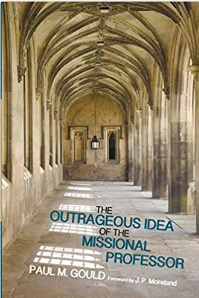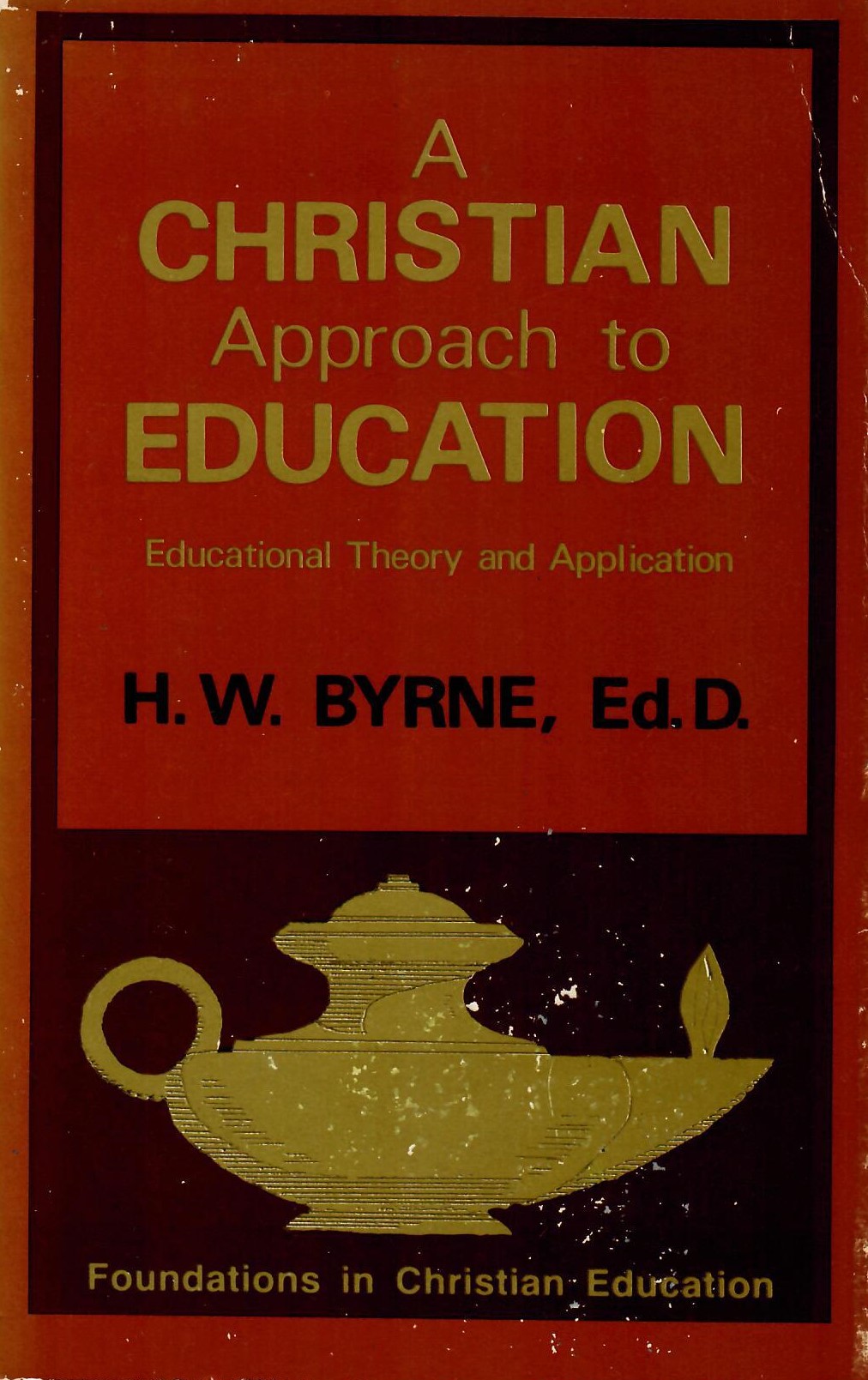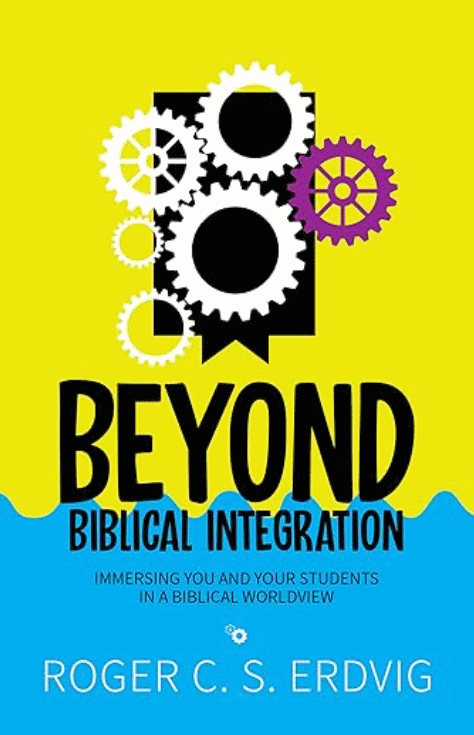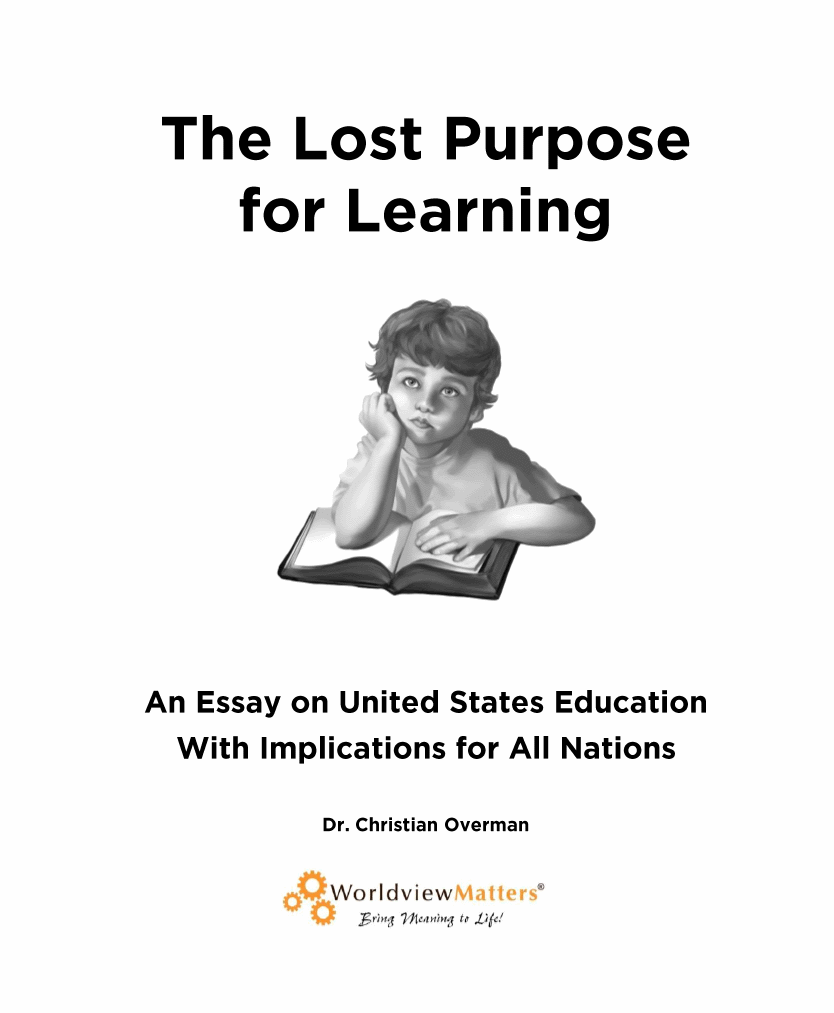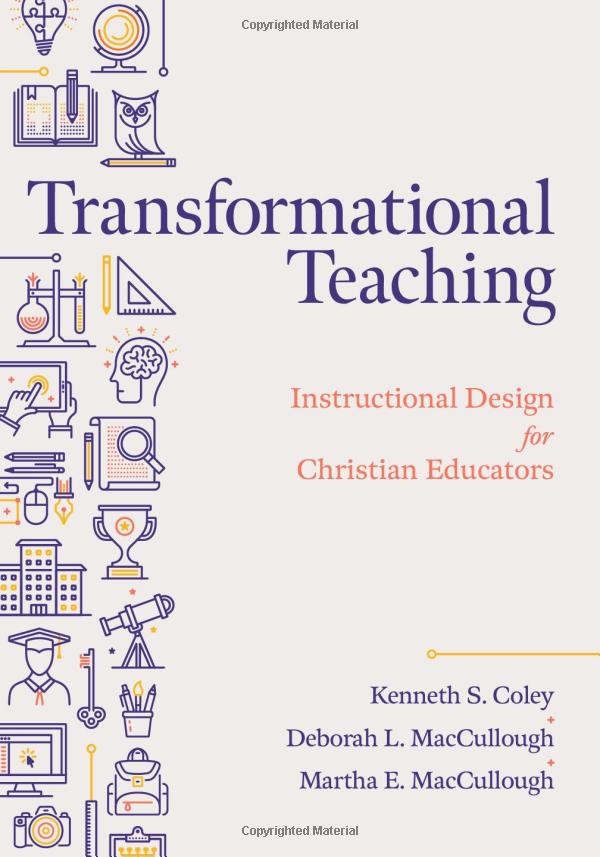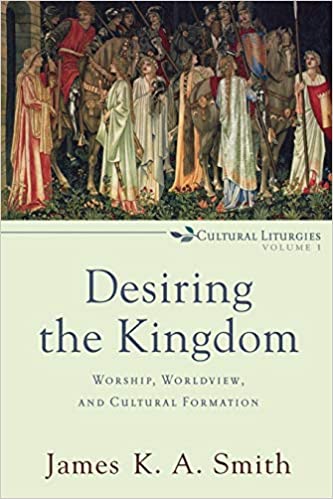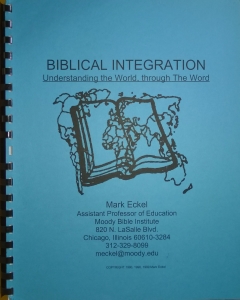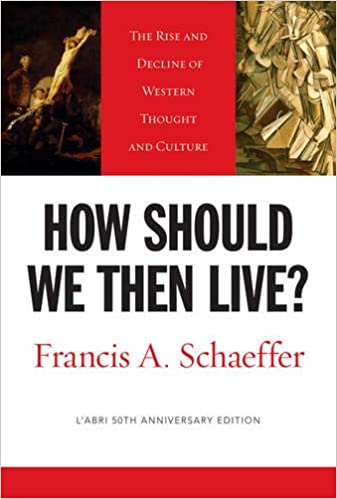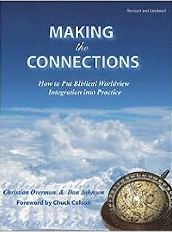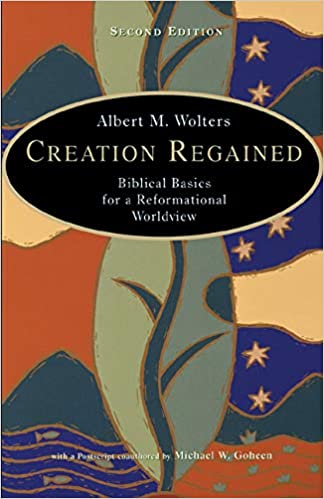By Jim Drexler in World, posted 2014-09-13
“I would advise no one to send his child where the Holy Scriptures are not supreme.” Martin Luther’s bold admonition reflects the teachings of both the Old and the New Testament. Throughout the Bible, God differentiates between light and darkness, wisdom and ignorance, saved and unsaved, and Jesus himself clearly teaches that “he who is not with me is against me, and he who does not gather with me scatters” (Matthew 12:30). Whether you have been committed to Christian education for years or whether you are just now exploring the possibilities, consider the following from this perspective: How can Christian parents best fulfill their obligation to train and nurture their covenant children (Deuteronomy 6:4–8)? Specifically, what type of education effectively prepares children for “works of service” (Ephesians 4:12)?
Misconceptions about Christian education
A Christian school is not a place where a few “ornaments” like prayer, chapels, and Bible classes merely complement an otherwise secular education. Genuine Christian education seeks to integrate God’s Word into every facet of the curriculum as well as all co-curricular activities. As the Puritan theologian Charles Bridges wrote in his commentary on Proverbs, “The religious training must not be the border of the garment, which might easily be cut off. It must be the pervading substance throughout.”
Second, the phrase “Christian education” should encompass more than the study of religion. Unfortunately, many evangelicals have too narrow a definition. Christian education, they think, takes place only in Sunday school, during Bible studies, or at home during family devotions, but this view is too limited. The apostle Paul exhorts us to “take captive every thought to make it obedient to Christ” (2 Corinthians 10:5). Saint Augustine wrote that “every good and true Christian should understand that wherever he may find truth, it is the Lord’s.” Reflecting the same conviction, John Calvin wrote, “We shall neither reject the truth itself, nor despise it whenever it shall appear, unless we wish to dishonor the Spirit of God.” True Christian education relates God’s Word to every aspect of life.
Third, a Christian school is not a “safe house” from the world. Many well-meaning parents think that the Christian school offers protection from the evils of the world. A Christian school is not a guarantee against sin. The difference, however, is that the Christian school disciplines by teaching students about God’s demands, and His forgiveness, grace and mercy.
Finally, the Christian school is not a reform school for families who have exhausted other options to solve their problems. The Christian school should be their first choice, the place where Christian families, the church, and the Christian school can prepare students for effective lives of service in God’s kingdom.
Full article












